Understanding the Different Kinds of Geothermal Heat Pumps
Mark J. Biel • November 15, 2018
Geothermal heat pumps use the constant temperature of the earth to help heat and cool your home. They have been in use since the late 1940s and they are an effective way to control your home’s indoor temperature. Some models can even help supply the house with hot water. Today, R.A. Biel Plumbing & Heating, a heating repair expert, will discuss the various types of geothermal heat pumps:
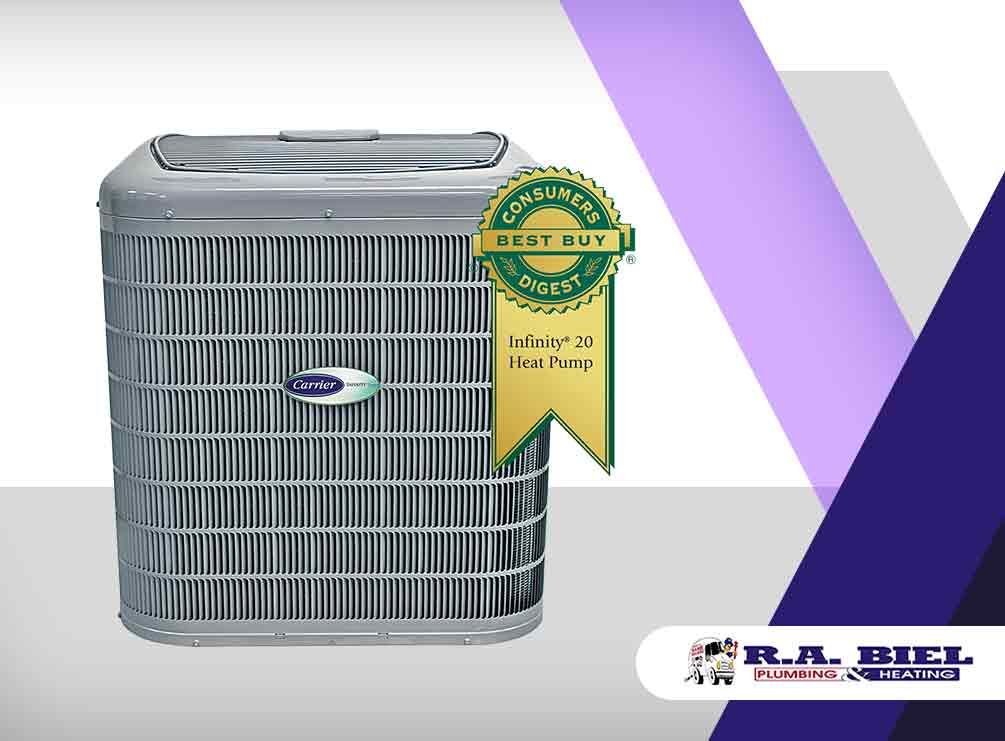
Open Loop Systems
An open loop system uses surface body or well water as the heat exchange fluid that circulates through the heat pump. Once the water has circulated through the system, it returns to the ground through surface discharge, the well, or through a recharge well. This kind of system is only practical if your home is near an adequate supply of relatively clean water. Using an open loop system means you also have to meet all local codes and regulations regarding groundwater discharge.
Closed-Loop Systems
Closed-loop systems circulate an antifreeze solution through a closed loop that is either submerged in water or buried in the ground. A heat exchanger then transfers heat between the antifreeze solution in the loop and the refrigerant in the heat pump. Closed loop systems are categorized as horizontal, vertical, or pond/lake installations. Horizontal installations are best for residential installations and require trenches that are at least four feet deep. R.A. Biel Plumbing & Heating, an air conditioning repair and heat pump expert, can talk about this installation type in detail.
Vertical installations are used for commercial buildings because it is better for larger scales. In addition, it’s best used if land space is limited or if the soil is too shallow to bury the horizontal loops. Pond/Lake installations are the lowest cost option if the building is near an adequate water body. The coils should only be placed in a water source that meets certain criteria.
R.A. Biel Plumbing & Heating can help you with drain and sewer repairs , HVAC installations, HVAC repairs, HVAC maintenance, and more. We’ve been helping local homeowners since 1988 and we make our customers our number one priority. Our NATE® certified technicians can handle any kind of plumbing or HVAC project. Call us at (505) 278-5112 or at (505) 278-5112 to learn more about our services and products.
Our Recent Articles
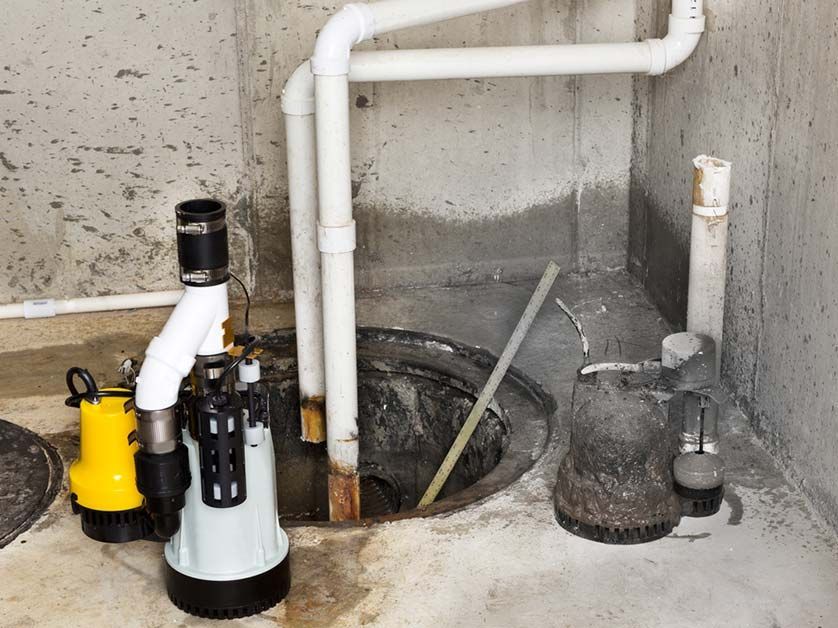
Signs That You Need a New Sump Pump Installed
By Mark J. Biel • June 21, 2023
Protect your home from water damage with a well-maintained sump pump. Learn key signs that indicate it’s time for a replacement to keep your basement dry.
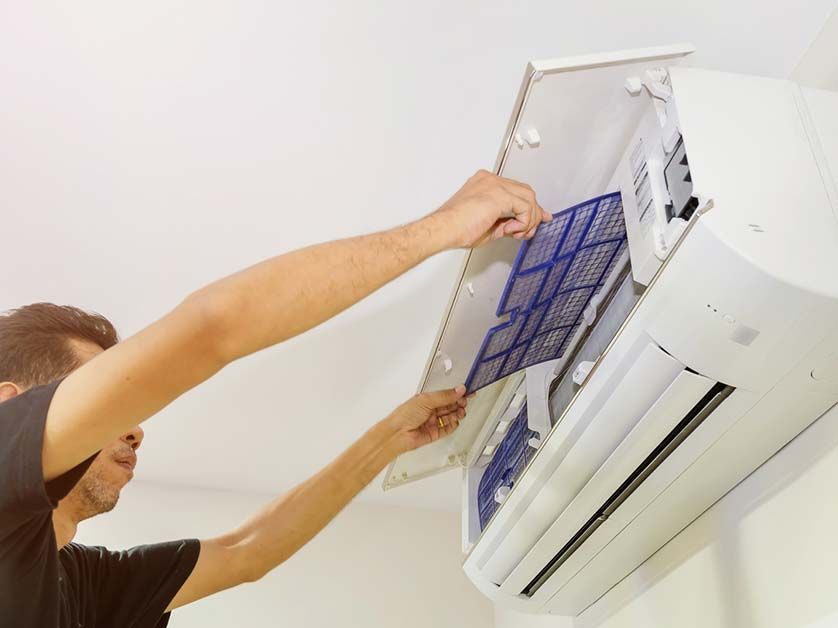
How to Prep Your AC for the Summer
By Mark J. Biel • June 14, 2023
Keep your AC running efficiently all summer with proper prep. Ensure optimal performance, save on energy bills, and stay cool. Read more for expert tips!

Signs That You Need a New Sump Pump Installed
By Mark J. Biel • June 21, 2023
Protect your home from water damage with a well-maintained sump pump. Learn key signs that indicate it’s time for a replacement to keep your basement dry.

How to Prep Your AC for the Summer
By Mark J. Biel • June 14, 2023
Keep your AC running efficiently all summer with proper prep. Ensure optimal performance, save on energy bills, and stay cool. Read more for expert tips!
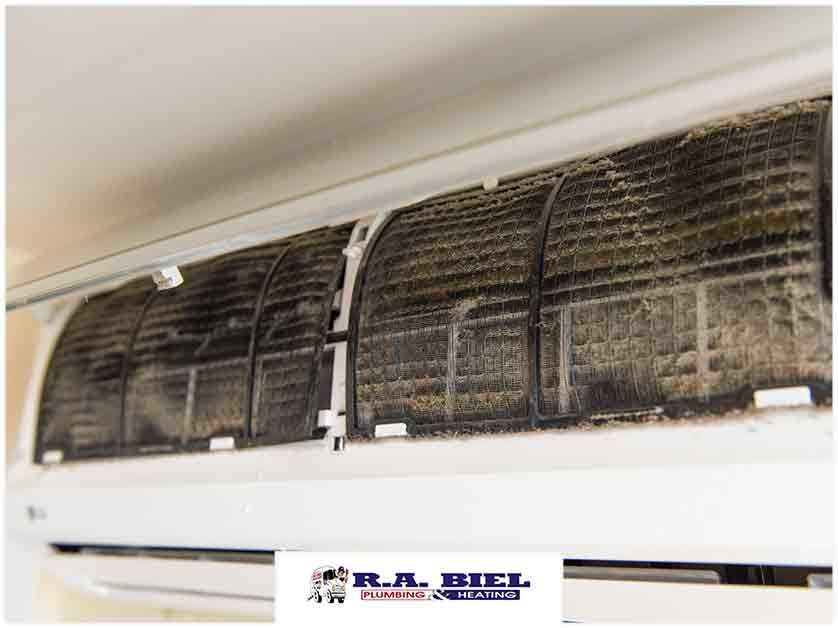
SOS: My HVAC Filters Get Dirty Too Quickly
By Mark J. Biel • April 28, 2023
Are you constantly finding yourself with dirty HVAC filters, even after just changing them? Not only can this be frustrating, but it can also affect your system’s efficiency and your home’s air quality. In this blog post, we discuss the importance of clean filters and the common reasons why they might be getting dirty too quickly. HVAC Filters: The Basics Before we dive into the reasons behind your HVAC filters... Continue Reading The post SOS: My HVAC Filters Get Dirty Too Quickly appeared first on R.A. Biel Plumbing & Heating, Inc..
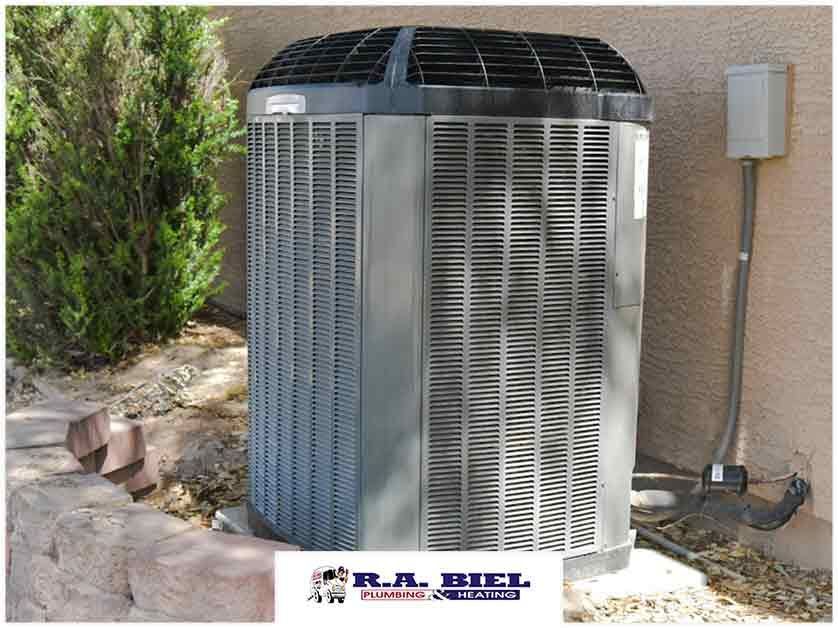
Should You Upgrade Your AC This Spring?
By Mark J. Biel • April 21, 2023
Stay cool this summer with a reliable AC system. Spring is the perfect time to upgrade—watch for signs that it’s time for a new unit!

